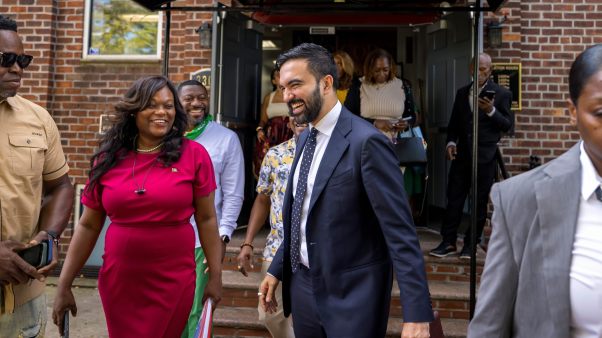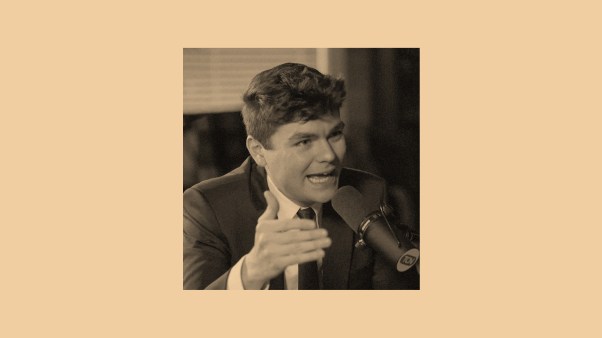Update (Aug. 13): All remaining claims have been dropped in a nine-year court battle over a student’s free expression in distributing candy cane-shaped pens at a class party.
Rather than tap into previous court decisions debating the reach of free expression vs. teachers’ rights, an appellate court has dismissed the case. According to the judge, the plaintiff notified the school district of the suit via “fax, regular mail, and e-mail” instead of certified mail-return receipt. The Texas Religious Freedom Restoration Act, a key law in the argument of the case, requires such notification, a technicality that allowed the appellate court to reverse a previous decision by a district court.
Dissenting judge Jennifer Walker Elrod of the appellate court noted in her opinion that “the Texas Supreme Court arguably would disagree with the majority opinion’s answer.”
—–
WASHINGTON (RNS) — An appeal over Christmas sweets turned bitter on Monday (June 11) when the U.S. Supreme Court declined to hear the so-called "Christian candy cane" case.
The case out of Texas has become a rallying point for conservative Christians concerned about free religious expression in public schools and students' ability to distribute religious literature.
The case, Morgan v. Swanson, kicked off nine years ago in the Plano Independent School District as principals prevented self-described evangelical students from distributing religious literature on school grounds.
In one instance, principal Lynn Swanson stopped third-grader Jonathan Morgan from distributing a Christian-themed bookmark at a winter break party. The boy wanted to hand out candy-cane shaped pens along with a card purporting to explain the holiday treat's Christian roots.
The card read in part: "So, every time you see a candy cane, remember the message of the candy maker: Jesus is the Christ!"
In other instances, principal Jackie Bomchill prevented second-grader Stephanie Versher from passing out Passion play tickets and pencils with the message, "Jesus loves me this I know for the Bible tells me so" on school grounds.
Last year, the New Orleans-based 5th U.S. Circuit Court of Appeals found the principals were within their rights in stopping the candy canes, but also found restrictions on student speech unconstitutional.
The principals were exempt under "qualified immunity," which protects government officials from violating a law that is not "clearly established." The Supreme Court's decision not to intervene means that ruling stands.
Hiram Sasser, who represented the families on behalf of the Texas-based Liberty Institute law firm, was disappointed in the latest decision.
"We were hoping to finally put this issue to rest: that government school officials should be held accountable when they violate the law and students' First Amendment rights. No student should be subjected to religious discrimination by the government," he said in a press release.
Dallas attorney Tom Brandt, who represented the two principals, said the case was never about First Amendment speech but rather protection for teachers. "Educators must be allowed to make decisions that are in the best interest of an entire school without fear of individual retribution when the law is unclear," he said.
While the educators' immunity question is settled, other parts of the case continue to work their way through the district and circuit court levels, and Sasser said there's still a possibility to win on students' rights.
"I'm concerned that some government school officials received the wrong message, which is that if they violate the law, no court is going to hold them accountable," Sasser said in a telephone interview. "Hopefully the message is that from now on, government officials (teachers) will be held accountable."
Chris Lisee – RNS








